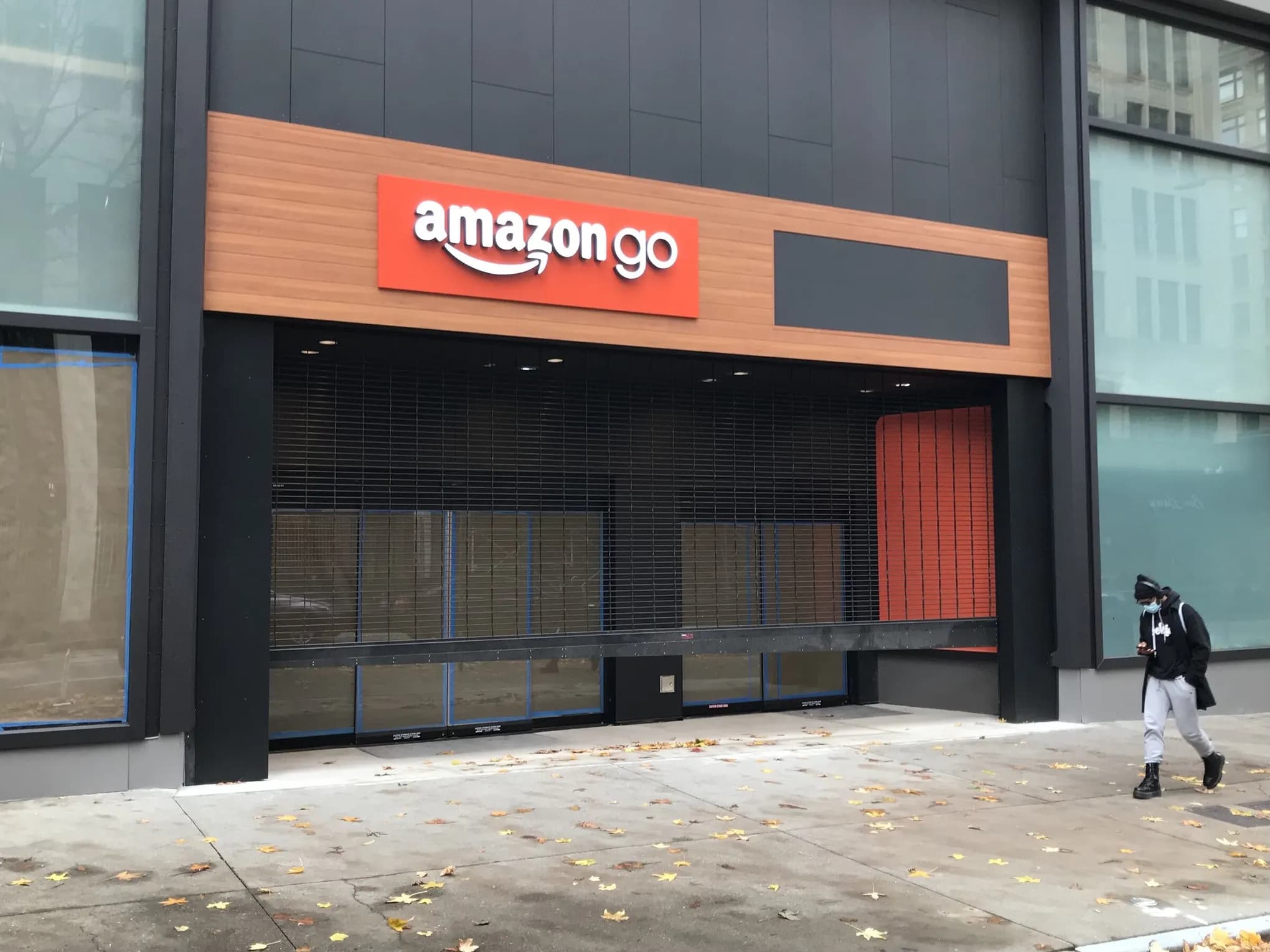
Store Closures Surge In CA: See List Of Retailers Shutting Doors
Despite solid consumer spending, a wave of store closures is sweeping through California, with over 3,200 brick-and-mortar locations closing across the nation so far this year. This marks a 24% increase from last year as the retail industry continues to grapple with the shift to online shopping, inflationary pressures, and a spate of bankruptcies.
CoreSight, a leading retail data provider, reports that the closures span a wide range of retailers, from iconic anchor stores like Macy’s to discount chains like Family Dollar and drugstores such as Rite Aid. Neil Saunders, managing director of GlobalData, noted that many of these closures stem from longstanding financial struggles: “A lot of this year's closures are related to bankruptcies of chains that have been in trouble for a while, like Rite Aid and Rue21.”
Family Dollar leads the list, shutting down 620 stores, including several in California. Rue21 is also closing all 543 of its stores nationwide, with 19 locations in California impacted by its Chapter 11 bankruptcy proceedings.
Here’s a breakdown of some of the major closures affecting California and the overall U.S. landscape:
- Family Dollar: 620 closures
- Rue21: 543 closures
- 99 Cents Only Stores: 371 closures
- CVS Health: 315 closures
- 7-Eleven: 272 closures
- Rite Aid: 165 closures
- Express: 105 closures
- Walgreens Boots Alliance: 77 closures
- Macy’s: 51 closures
- The Body Shop: 51 closures
- Soft Surroundings: 43 closures
- Sam Ash Music: 42 closures
- Sleep Number: 40 closures
- Burlington Stores: 39 closures
This surge in closures highlights the need for precision and adaptability among landlords and retailers alike. With consumer confidence dipping—falling from 77.2 in April to 69.1 in May, according to the University of Michigan—uncertainty about the economic future looms large. Jeffrey Roach, chief economist at LPL Financial, warned that “uncertainty about the inflation path could suppress consumer spending in the coming months,” a concern further compounded by the exhaustion of federal pandemic stimulus funds that once bolstered consumer bank accounts.
Strategic missteps have also played a role in these closures. Saunders points out that some retailers, like Express, failed to adapt quickly enough to changes in consumer behavior during the pandemic. The apparel chain, which specializes in workplace attire, struggled as more people worked from home and is now closing 100 of its 500 stores as part of its bankruptcy restructuring.
Retail analysts at UBS caution that the retail landscape is undergoing significant changes. They predict further online retail penetration, particularly through third-party platforms like Shein and Temu, which could drive online sales to 26% of the market from the current 21%. Apparel, accessories, consumer electronics, and home furnishing retailers are particularly vulnerable.
However, the outlook isn’t entirely bleak. Analysts believe that off-price conglomerates like T.J. Maxx are well-positioned to capitalize on the closures of department stores like Macy’s, potentially capturing billions in sales. UBS analysts also underscore the continued importance of brick-and-mortar stores in the retail ecosystem, serving as crucial hubs for fulfillment and logistics in an increasingly convenience-driven consumer market.
In this rapidly evolving environment, retailers and landlords must stay agile, ensuring they can weather the economic shifts and maintain consumer trust in their physical locations. As the industry adjusts, only the most adaptable and forward-thinking businesses are likely to thrive in this new retail landscape.